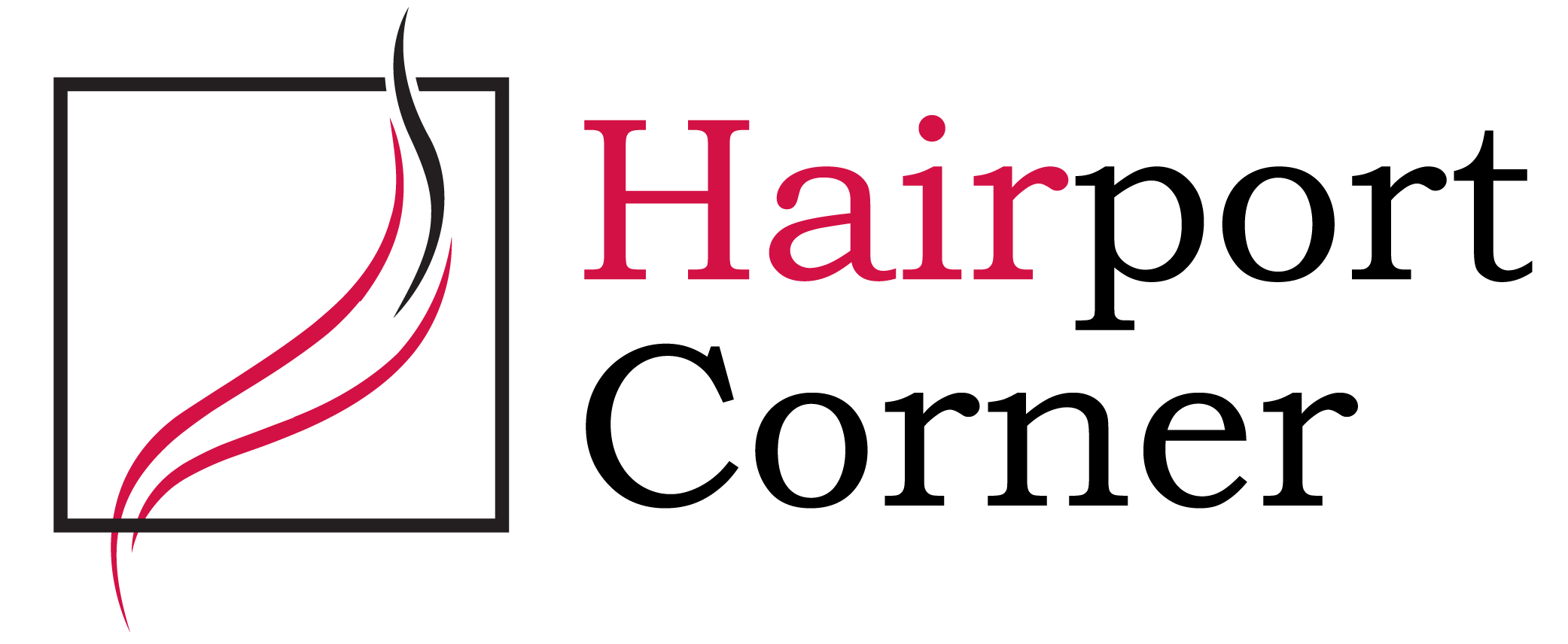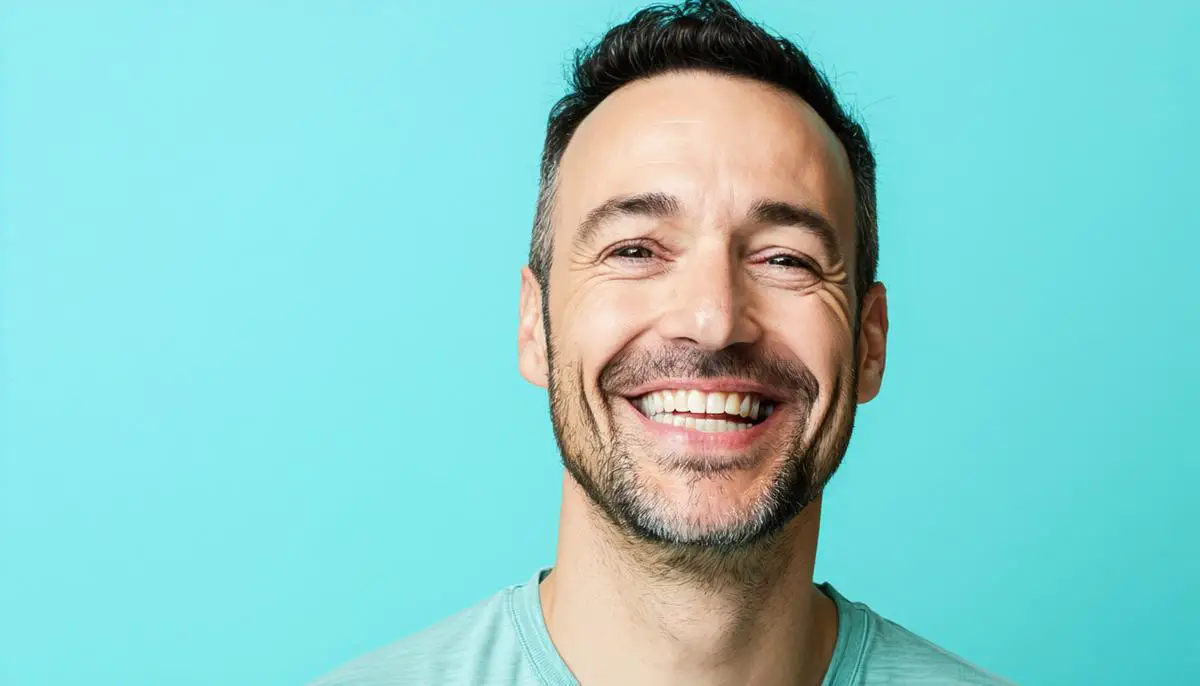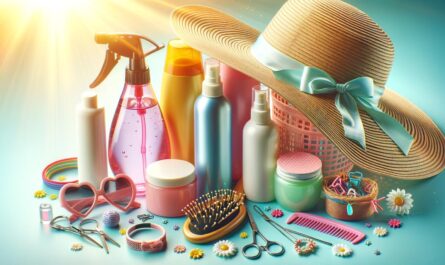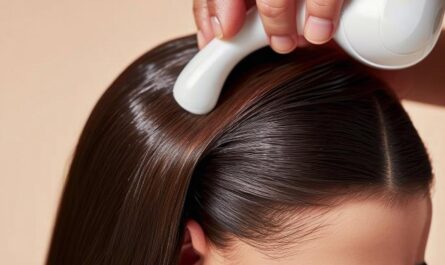Psychosocial Effects of Hair Loss
Hair loss can significantly impact one’s self-esteem and daily life. Looking in the mirror and seeing thinning or disappearing hair can trigger a range of emotions, from anxiety to depression. Many people feel self-conscious, as if they’re under unwanted scrutiny.
Social situations may become challenging. Simple activities like enjoying a windy day or playing sports can turn into sources of worry about wigs or hairpieces staying in place. These concerns can lead some to withdraw socially.
The struggle with self-esteem is real, as hair often plays a role in self-expression and identity. Losing it means finding new ways to feel confident. For some, it’s not just hair loss but a transformation of how they see themselves.
Yet, people can adjust over time. Finding supportive communities, both online and offline, can provide comfort and understanding. Sharing experiences and even finding humor in hair-related mishaps can create much-needed levity.
Ultimately, coping with hair loss involves finding a new equilibrium and recognizing that one’s worth extends far beyond physical appearance.
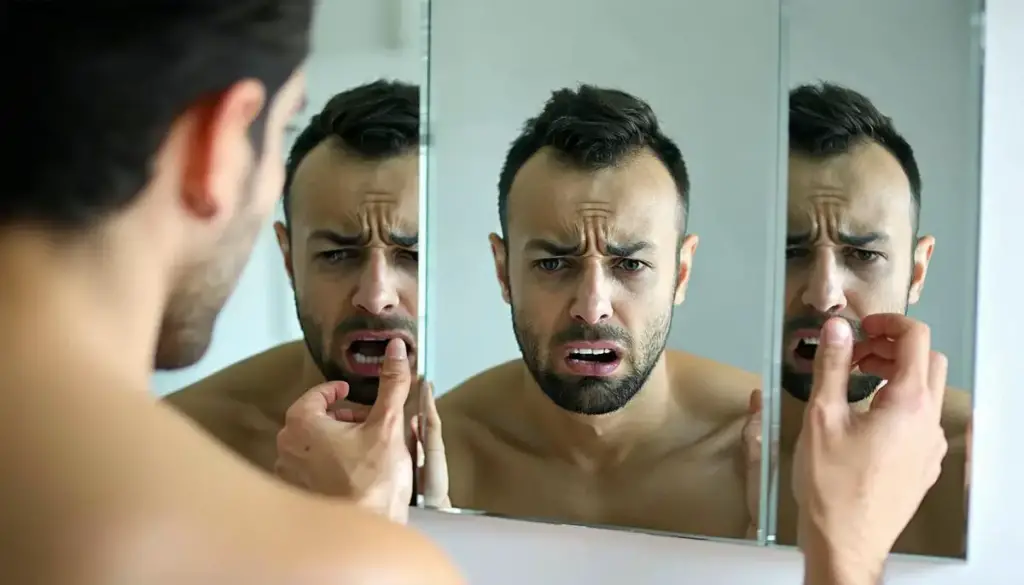
Social Challenges and Coping Strategies
Navigating social spaces while experiencing hair loss can feel like a delicate balancing act. Hair plays a significant role in societal perceptions of beauty and normalcy, and stepping outside these norms can be isolating.
The stigma associated with hair loss may create invisible barriers, leading some to withdraw from activities they once enjoyed. However, there are ways to reclaim these spaces with renewed confidence.
Support Systems and Therapy
- Support groups, whether in-person or online, offer sanctuary where stories can be shared without judgment.
- These communities provide understanding and can replace sorrow with laughter.
- Therapy, particularly cognitive-behavioral strategies, can be a valuable tool for unraveling layers of anxiety and building new mental frameworks.
Practical Solutions
Practical solutions like hats, wigs, and hairpieces can bridge the gap between inner feelings and outward presentation. For some, choosing these items becomes an empowering and creative process.
Adapting to social challenges is a personal journey, but it’s one shared by many. Through support, self-acceptance, and self-expression, hair loss can become an opportunity for self-discovery rather than an endpoint.
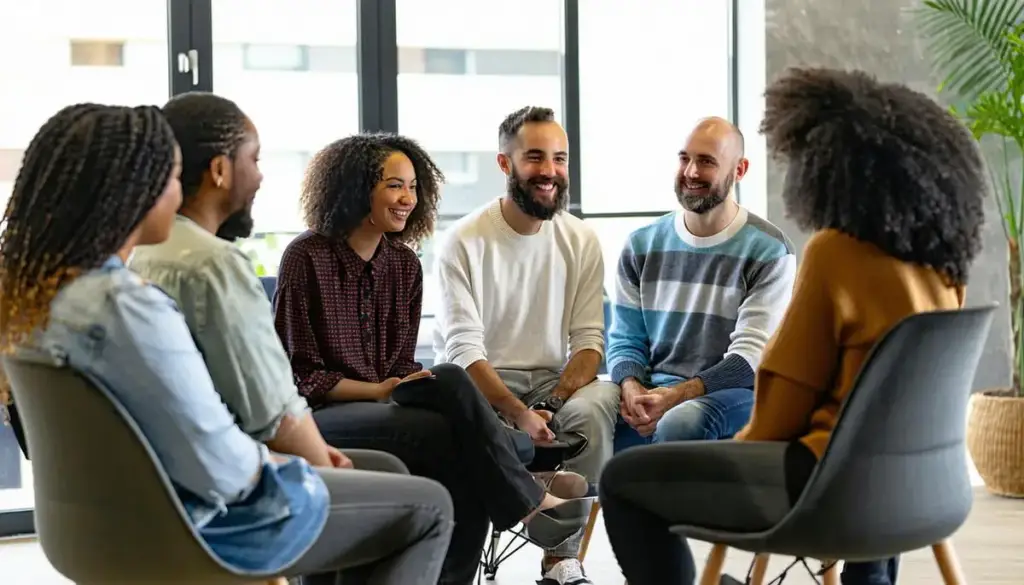
Gender Differences in Hair Loss Impact
Hair loss affects individuals across the gender spectrum differently, largely due to societal expectations. For men, it can trigger a struggle with perceived masculinity, though baldness has gained some social acceptance. Many men still feel compelled to fight hair loss, despite the unspoken expectation that they shouldn’t care.
Women often face harsher scrutiny, as hair is closely tied to societal ideals of feminine charm. This can lead to increased anxiety and social withdrawal. Wigs for women may feel like an expectation rather than a choice, though many turn this into an opportunity for self-expression.
The experience becomes more complex when hair loss occurs unexpectedly:
- Some women might choose to go without coverage, challenging beauty standards.
- Men might embrace grooming regimes or hairpieces they once dismissed.
Understanding these gendered experiences can foster broader acceptance. By reconsidering expectations and embracing individual realities, society can create more inclusive conversations around beauty, self-worth, and identity. Regardless of how one chooses to address hair loss, each person’s experience contributes to a more diverse narrative of self-expression.
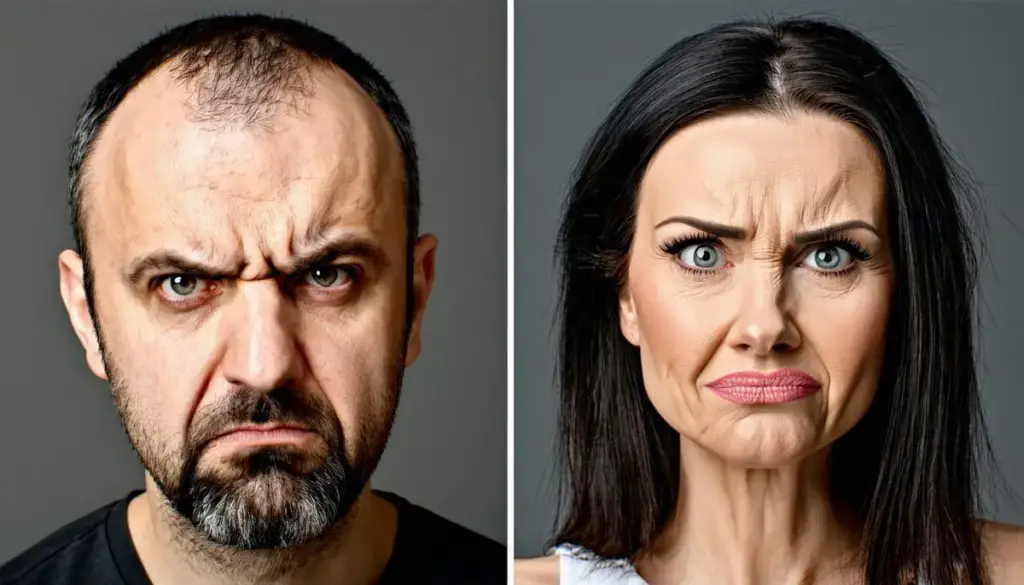
Hair loss may seem like a personal struggle, but it can also be an opportunity for growth and self-discovery. By embracing change and seeking support, individuals can find new ways to express themselves beyond traditional expectations. Remember, hair is just one part of who you are; your worth goes far beyond what the mirror reflects.
"Bad hair day" is a testimony to the psychological importance of hair and hair loss can turn every day into a bad hair day.
Research has shown that individuals with hair loss are at higher risk for mental health issues:
- Adults with alopecia areata were 30 to 38% more likely to be diagnosed with depression.
- About 33% of adults with alopecia areata have anxiety.
- Post-traumatic stress disorder (PTSD) can develop, especially when hair regrows and falls out again.
If you’re struggling with the emotional impact of hair loss, consider these coping strategies:
- Seek professional help through therapy or counseling
- Join support groups to connect with others facing similar challenges
- Explore practical solutions like wigs, hats, or scalp treatments
- Practice self-care through exercise, healthy eating, and stress reduction techniques
- Educate yourself and others about hair loss to reduce stigma
Remember, seeking help is a sign of strength, not weakness. With the right support and mindset, it’s possible to navigate the challenges of hair loss and maintain a positive self-image.
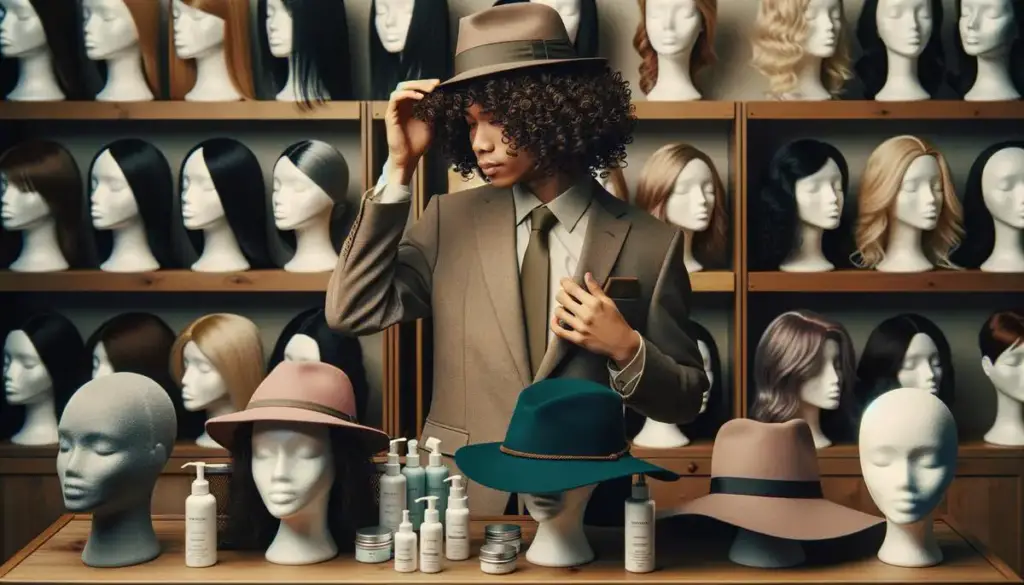
- Cash TF. The psychology of hair loss and its implications for patient care. Clin Dermatol. 2001;19(2):161-166.
- Titeca G, Goudetsidis L, Francq B, et al. ‘The psychosocial burden of alopecia areata and androgenetica’: A cross-sectional multicentre study among dermatological out-patients in 13 European countries. J Eur Acad Dermatol Venereol. 2020;34(2):406-411.
- National Institute of Mental Health. Depression. Accessed 2023.
- Huang KP, Mullangi S, Guo Y, Qureshi AA. Autoimmune, atopic, and mental health comorbid conditions associated with alopecia areata in the United States. JAMA Dermatol. 2013;149(7):789-794.
